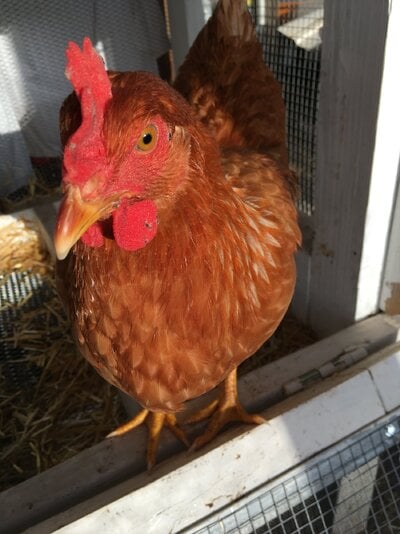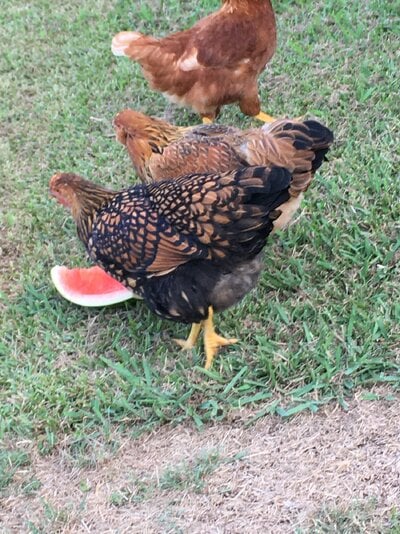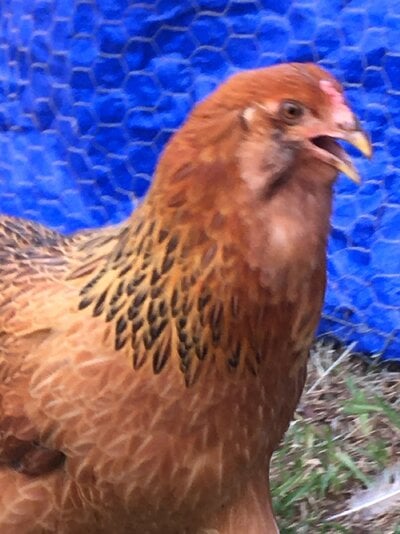kbroom
Songster
- Jan 26, 2023
- 220
- 627
- 156
If a chicken lays ONE egg a day, and has several baby chicks, does the rooster impregnate her for every one of those chicks, once everyday? Or, does he have to do his thing just once, and that one will last for a while? And how does she know to stop having eggs or chicks? First time chicken mommies need to know these things, you know. After my hens got attacked the other day, I'm seriously contemplating having one rooster...











